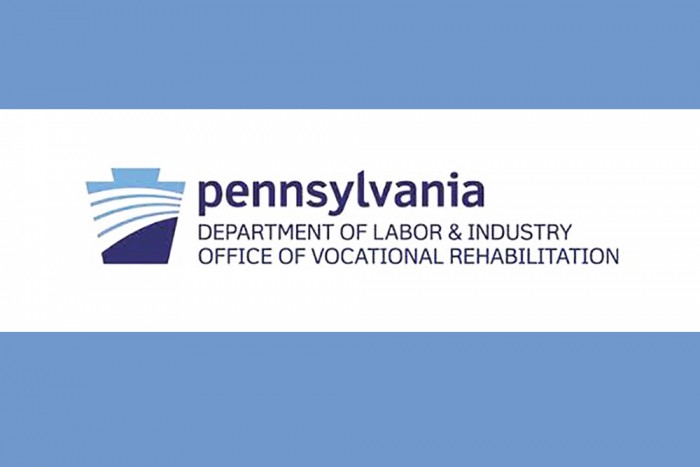The Pennsylvania Office of Vocational Rehabilitation (OVR) has drafted proposed changes to the 2024-2027 VR Services Portion of the Combined State Plan to implement an Order of Selection. A public comment period will be opened from October 7, 2024 – October 28, 2024.
Members of the public may provide feedback on the proposed changes by submitting comments electronically or by submitting live comments during one of two State Plan Public Meetings. Please note that comments should be limited to the proposed changes only.
To access the State Plan draft, please visit here.
Public meetings will be held on Wednesday, October 16, 2024, from 9:00 am – 10:00 am as well as Thursday, October 17, 2024, from 3:00 pm – 4:00 pm. During these meetings, OVR will review the proposed changes to the VR Services Portion of the Combined State Plan. These meetings will contain the same content, so it is not necessary to attend both. Following a summary presentation, the public will be invited to provide comment. CART and sign language interpreting will be provided during both meetings.
Virtual Public Meeting Information
Meeting #1
When: October 16, 2024, 9:00 am Eastern Time (US and Canada)
Zoom for October 16 Public Meeting
Meeting #2
When: October 17, 2024, 3:00 pm Eastern Time (US and Canada)
Zoom for October 17 Public Meeting














